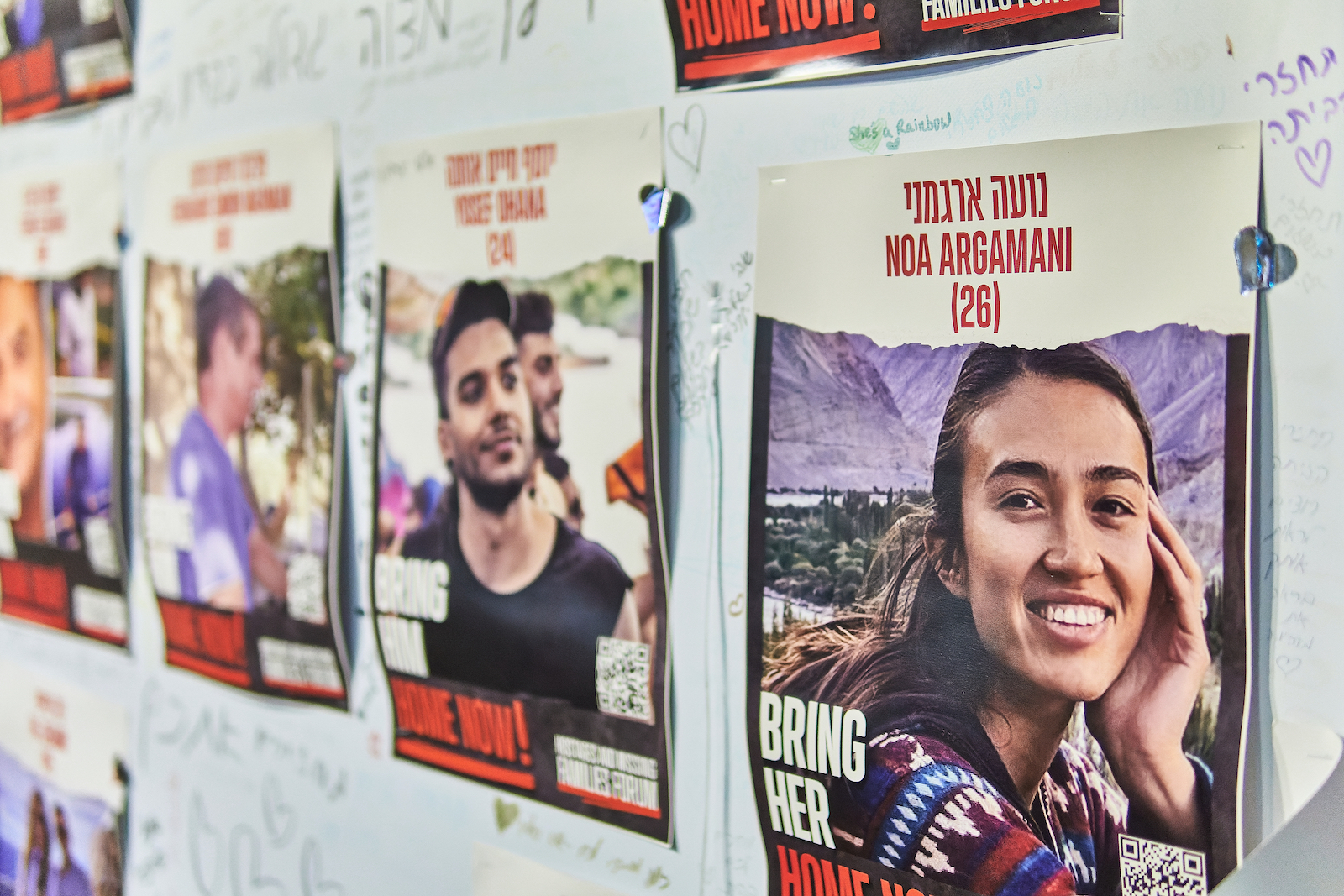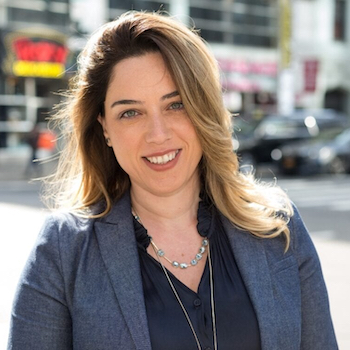
The Urgent Need to Reform Human Rights Advocacy for Women and Girls
In an interconnected world where women constitute half of the global demographic fabric, the continued sidelining of their rights and welfare stands as a stark affront to the principles of justice. The ubiquity of violence against women and girls transcends national boundaries, cultural lines, and socioeconomic layers, signaling a crisis of universal concern. However, the collective response—especially from those entities entrusted with upholding human rights, including preeminent international organizations—falls disconcertingly short. This gap in advocacy and action underscores a pressing need to recalibrate our global human rights agenda to address this pervasive injustice with the urgency and gravity it demands.
The #MeToo Unless Ur A Jew campaign sharply illuminates this shortfall. It reveals a disconcerting tendency where the rights and suffering of certain groups, such as Israeli women and girls affected by the actions of Hamas, are disregarded, or overlooked. This selective approach to advocacy not only erodes the credibility of these organisations but also contradicts the very tenets of equality and justice they profess to support.
Hamas, identified as a terrorist organisation by numerous countries, including the United States, the United Kingdom, and the European Union, is known for its extensive record of human rights violations. The absence of a response from UN Women and other human rights entities to the brutalities inflicted upon Israeli women and girls by such groups underscores a more extensive, systemic issue in human rights advocacy: the politicisation of women’s rights.
This predicament is not exclusive to one region or conflict. Globally, the rights and welfare of women are increasingly overshadowed by political objectives. Instead of being championed as universal rights, the safeguarding and advocacy of women’s rights are selectively enforced, often swayed by considerations of political influence, power, and funding within international agencies. This selective stance diminishes the universality of human rights, suggesting a hierarchy of suffering based on political contexts rather than on genuine human suffering and dignity.
The issue extends beyond the Middle East. In Iran, under the Islamic Republic, women have endured egregious violence and repression, with their plight frequently ignored on the international stage. Similarly, in Yemen, women and girls have faced abuse and trafficking at the hands of the Houthis, an organisation linked to Tehran. These instances are just a fraction of the many situations worldwide where women’s rights and suffering are overlooked, with the international community often remaining largely silent.
The time is ripe for an all-encompassing reform in our approach to human rights advocacy, especially concerning women and girls. We must aim for a framework where the rights of every woman are staunchly defended, irrespective of her nationality, ethnicity, or the political context of her circumstances. Advocacy organisations, especially those affiliated with the United Nations, must adhere to higher standards of impartiality and accountability. Financial and other forms of support for these organisations should hinge on their commitment to these principles.
Furthermore, there is a pressing need for a thorough auditing of all reports and position statements from these bodies to ensure impartiality and an accurate portrayal of real-world situations. This would help restore the credibility and effectiveness of these organisations in championing women’s rights globally.
The #MeToo_Unless_Ur_A_Jew campaign is more than a plea for awareness about a specific group of women; it is a clarion call to the human rights advocacy community at large. It reminds us that when we let politics govern who is worthy of defence, we fail all women. The campaign demands an end to this selective advocacy and the creation of a genuinely equitable and fair system where the rights of all women and girls are upheld and championed.
The dismal state of human rights advocacy, particularly for women and girls, demands urgent redress. We must transition from a politically driven approach to one fundamentally rooted in equality and justice. Only then can we aspire to forge a world where the rights of every woman and girl are respected and safeguarded, regardless of their identity or origin.

